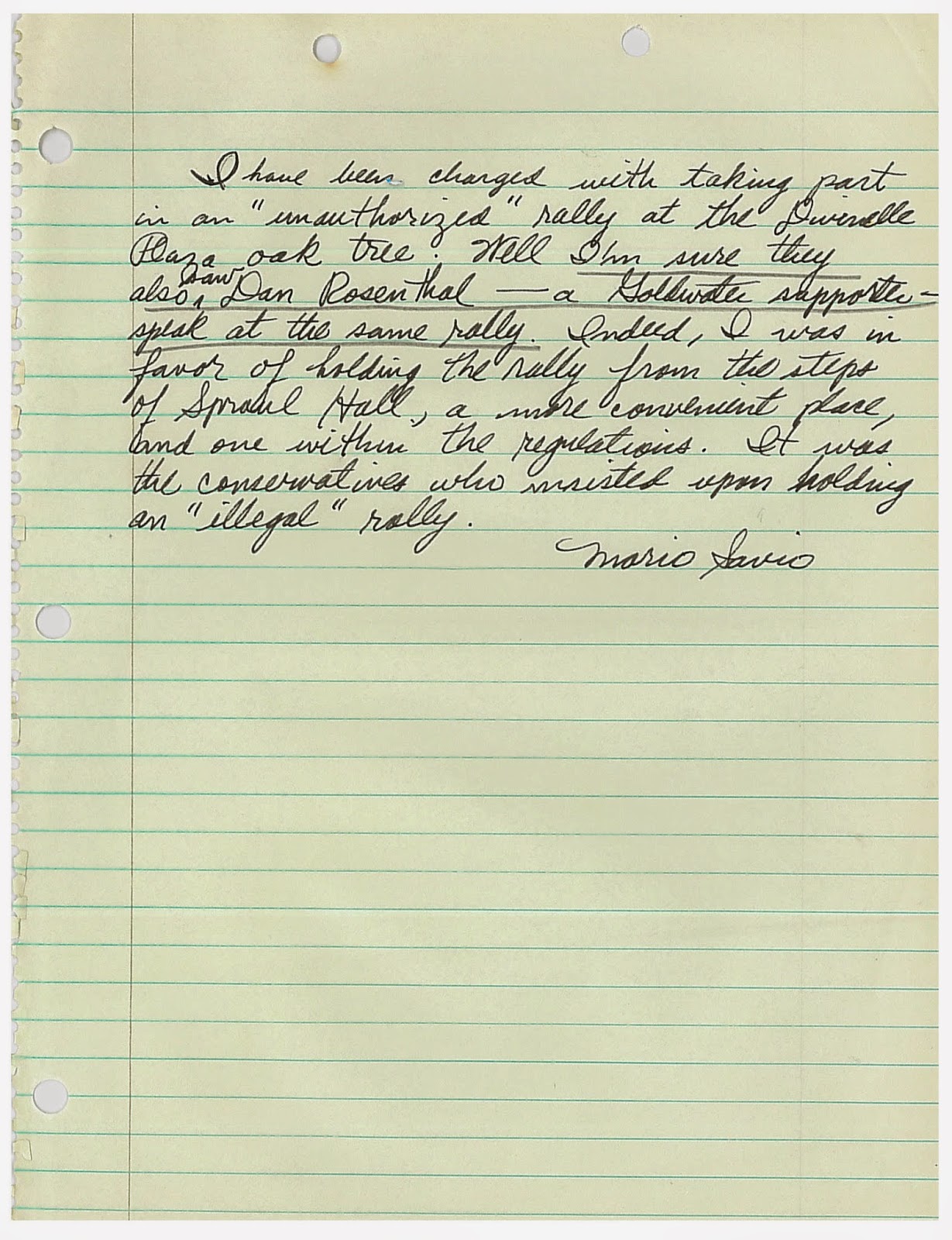Male Gold Rush correspondents expressed their loneliness particularly
as a longing for women. In the letter of 1850 reproduced below, miner Oscar
Bennet communicates his utterly undiscriminating desire for female society in
near hysterical tones. Perhaps Mr. Bennet earned his correspondent’s sympathy,
but I cannot help feeling sorry for the unlucky woman who may have stumbled
into a quadrille with him at the overpriced gold country ball to which he refers.
Here I am, separated by
a broad expanse of water and land from all near and dear friends. Yesterday was
the dullest “New-Year’s” I ever spent, cut off from all female society. Milton,
if you were separated from these dear little creatures as I am, you
would know how to appreciate their value—if you were of the same mind that I
am you would get married immediately. “A woman, a woman, my kingdom
for a woman.” If nothing happens to blur my progress you may expect me home
next fall—tell the girls to be ready—for married I must be as soon as I
arrive.
Bennet begins to plead for a letter from home, using a
tried-and-true combination of self-pity, shaming, and flattery (see last week’s
post, Gold Rush correspondence—Part 2: The begging for a letter letter):
Milton, one long year
has past and I have not received one letter from home. I have wrote often and
received no answer, how is this can you account for it [?] I attach a small
portion of blame to you—my letters have been directed to Rochester for Alonzo yourself
and Wallace—not one of you have answered. I have received 5 newspapers from
Alonzo. This is my last effort to gain an answer—if this letter don’t fetch one
I will give up all hopes. Milton, you are more attentive—you have more regard
for your kindred than the rest. Therefore I look to you for an answer. I hope
you will not fail to comply with my request.
Bennet then returns to his first theme, which he helpfully
underlines:
You have undoubtedly
heard all about California before this and therefore it’s useless for me to go
into the details. On the 8th of January I am going to attend a ball,
given in commemoration of the battle of New Orleans. The committee are making
every effort to obtain every woman in the country to attend it. Oh, what
a time there will be—tickets for $100, supper extra. The sum of $100 to
pay for a ticket to go to a Ball looks enormous in your eye, but here it’s not
more than $5 at home.
 |
| Oscar Bennet letter: Sacramento, Calif., to his brother in Rochester, N.Y., 1850 January 2, MS 143, California Historical Society. |
Marie Silva
Archivist & Manuscripts Librarian
msilva@calhist.org

























